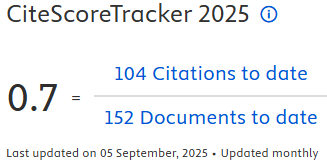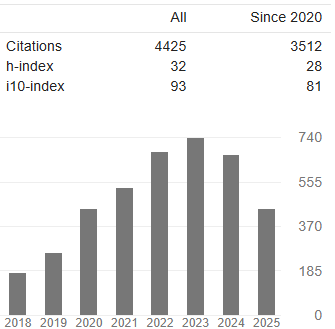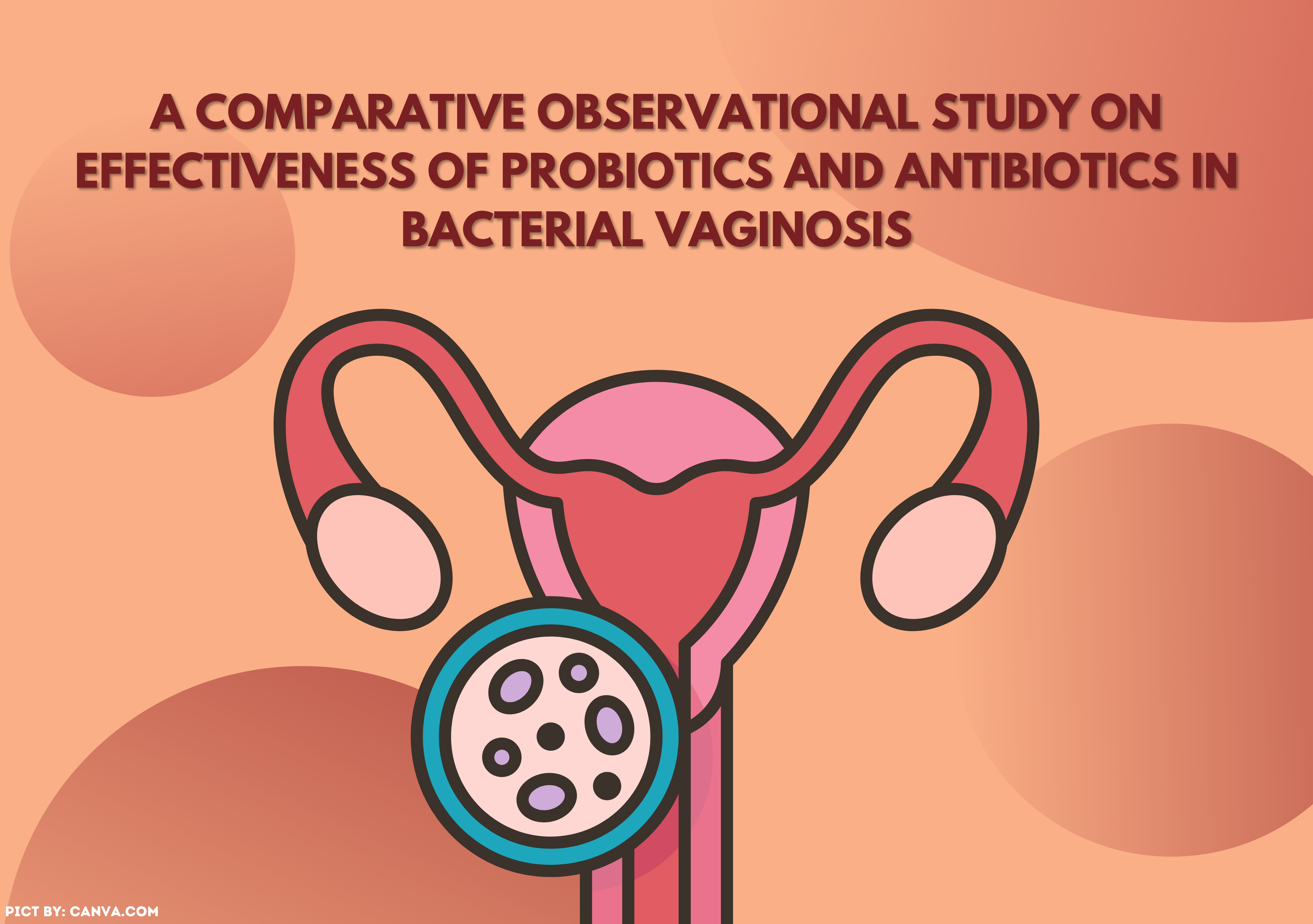EMPOWERING YOUTH IN CONTROLLING COVID-19 INFECTION AT THE IRMA AL-KAUTSAR MOSQUE SENOPATI HOUSING, CIKANDE, SERANG REGENCY

Introduction: Since the WHO has stated that the COVID-19 is a pandemic, education and empowerment regarding COVID-19 in youths is needed. The purpose of this study is to explain the effect of providing online education on behavior and the process of empowering the youth of the Irma Al-Kautsar Mosque regarding the COVID-19 prevention protocol. Method: A mixed method was conducted in this study. Case study design was used for qualitative method and quasi-experimental design for quantitative. Total sampling was used on the population, which was youths aged 14-18 years (N=10). The data collection and retrieval techniques are group discussions and questionnaires about behavior. Results: The study showed that the group discussion resulted in three big themes, namely related to the COVID-19 prevention and education program, the needs of youth for education about COVID-19, and effective methods of disseminating COVID-19 information for youths. It showed a change in the frequency and percentage of behavior regarding COVID-19 and the prevention of infection in youths. The paired t-test showed that the knowledge domain had a significance value p <0.05 and for the action and attitude domain was p> 0.05. Conclusions: There was a significant influence between providing education with knowledge improvement related to COVID-19 and prevention of infection among youth, while the attitudes and actions of youths were not significantly influenced by education intervention. Youth actively participated in empowerment activities for disseminating information related to COVID-19 on social media.
Adhikari, B. (2017). Utilization of Online Social Media for Health Promotions Among Utilization of Online Social Media for Health. March. https://doi.org/10.13140/RG.2.2.33218.61129
Alber, J. M., Paige, S., Stellefson, M., & Bernhardt, J. M. (2016). Social Media Self-Efficacy of Health Education Specialists: Training and Organizational Development Implications. Health Promotion Practice, 17(6), 915–921. https://doi.org/10.1177/1524839916652389
Andrade, E. L., Evans, W. D., Barrett, N., Edberg, M. C., & Cleary, S. D. (2018). Strategies to Increase Latino Immigrant Youth Engagement in Health Promotion Using Social Media: Mixed-Methods Study. JMIR Public Health and Surveillance, 4(4), e71. https://doi.org/10.2196/publichealth.9332
Bower, M. (2019). Technology-mediated learning theory. British Journal of Educational Technology, 50(3), 1035–1048. https://doi.org/10.1111/bjet.12771
de Oliveira, W. A., da Silva, J. L., Andrade, A. L. M., de Micheli, D., Carlos, D. M., & Silva, M. A. I. (2020). Adolescents' Health in Times of COVID-19: A Scoping Review. Cadernos de Saude Publica, 36(8). https://doi.org/10.1590/0102-311x00150020
Effendy, R. (2015). The Moral Values as the Foundation for Sustainable Community Development: A Review of the Indonesia Government-Sponsored National Program for Community Empowerment Urban Self Reliance Project (PNPM MP). Journal of Economics and Sustainable Development, 6(7), 1–23.
Fantini, E., & Safari Tamba, R. (2020). Mediamorfosis Edukasi Informal Online Melalui Platform Digital Sebagai Peluang Bisnis Baru. Majalah Ilmiah Bijak, 17(1), 114–127. https://doi.org/10.31334/bijak.v17i1.831
Febriyanti, E., Suryani, D., & Utami, R. Y. (2020). Edukasi Masalah Nutrisi Selama Pandemi Covid-19 Kepada Ikatan Remaja Masjid Al Rasyid (Ikrama) Bandar Khalipah Medan. Jurnal Implementa Husada, 1(2), 107. https://doi.org/10.30596/jih.v1i2.5024
Ministry of Health Indonesia. (2020). Situasi Terkini Perkembangan Novel Coronavirus (COVID-19). Ministry of Health of Rebulic of Indonesia.
Novianti, J., & Listyandini, R. (2020). Pembentukan Kader Remaja dengan Program Rekreasi Secara Daring. 4(2). https://doi.org/10.32832/pkm-p.v4i2.751
Park, E., & Kwon, M. (2018). Health-related internet use by children and adolescents: Systematic review. Journal of Medical Internet Research, 20(4). https://doi.org/10.2196/jmir.7731
Rahmayanti, R., Wahyuni, F., Yazia, V., Handayani, D., & Hasni, H. (2020). Pentingnya Menjaga Kesehatan Di Masa Pandemi Covid-19 Pada Remaja Di Panti Aisyiyah Lubuk Minturun. Abdimas Galuh, 2(2), 158. https://doi.org/10.25157/ag.v2i2.4057
Sampurno, M. B. T., Kusumandyoko, T. C., & Islam, M. A. (2020). Budaya Media Sosial, Edukasi Masyarakat, dan Pandemi COVID-19. SALAM: Jurnal Sosial Dan Budaya Syar-I, 7(5). https://doi.org/10.15408/sjsbs.v7i5.15210
Santrock, J. W. (2003). Perkembangan Remaja (6th ed.). Erlangga.
Sari, M. T., & Efni, N. (2020). Pendidikan Kesehatan tentang Remaja Sehat pada Adaptasi Kehidupan Baru di Kota Jambi. Jurnal Abdimas Kesehatan (JAK), 2(3), 237. https://doi.org/10.36565/jak.v2i3.139
Sariyani, M. D., Ariyanti, K. S., Winangsih, R., Istri, C., & Pemayun, M. (2020). Edukasi Kesehatan Reproduksi Remaja Pada Masa Pandemi Covid-19 di Kabupaten Tabanan Tahun 2020. 90–97. https://doi.org/10.35473/ijce.v2i2.754
Sugiyarto, S. (2020). Pemberdayaan Karang Taruna dalam Pencegahan Penyebaran Covid-19 di Desa Wonokerto Kecamatan Wonogiri. Jurnalempathy.Com, 1(1), 35–41. https://doi.org/10.37341/jurnalempathy.v1i1.5
Upadhyay, U. D., & Lipkovich, H. (2020). Using online technologies to improve diversity and inclusion in cognitive interviews with young people. BMC Medical Research Methodology, 20(1), 1–10. https://doi.org/10.1186/s12874-020-01024-9
Viner, R. M., Mytton, O. T., Bonell, C., Melendez-Torres, G. J., Ward, J., Hudson, L., Waddington, C., Thomas, J., Russell, S., Van Der Klis, F., Koirala, A., Ladhani, S., Panovska-Griffiths, J., Davies, N. G., Booy, R., & Eggo, R. M. (2020). Susceptibility to SARS-CoV-2 Infection among Children and Adolescents Compared with Adults: A Systematic Review and Meta-analysis. JAMA Pediatrics, 1–14. https://doi.org/10.1101/2020.05.20.20108126
Walger, P., Heininger, U., Knuf, M., Exner, M., Popp, W., Fischbach, T., Trapp, S., Herr, C., & Simon, A. (2020). become less severely ill than do adults. The vast majority of infections. 15, 1–18.
WHO. (2020). Health Promotion Track 1: Community Empowerment. World Health Organization.
Copyright (c) 2023 The Indonesian Journal of Public Health

This work is licensed under a Creative Commons Attribution-NonCommercial-ShareAlike 4.0 International License.
- The authors agree to transfer the transfer copyright of the article to The Indonesian Journal of Public Health effective if and when the paper is accepted for publication.
- Authors and other parties are bound to the Creative Commons Attribution-NonCommercial-ShareAlike 4.0 International License for the published articles, legal formal aspect of journal publication accessibility refers to Creative Commons Attribution-NonCommercial-ShareAlike 4.0 International License (CC BY-NC-SA), implies that:
- Attribution ” You must give appropriate credit, provide a link to the license, and indicate if changes were made. You may do so in any reasonable manner, but not in any way that suggests the licensor endorses you or your use.
- NonCommercial ” You may not use the material for commercial purposes.
- ShareAlike ” If you remix, transform, or build upon the material, you must distribute your contributions under the same license as the original.































